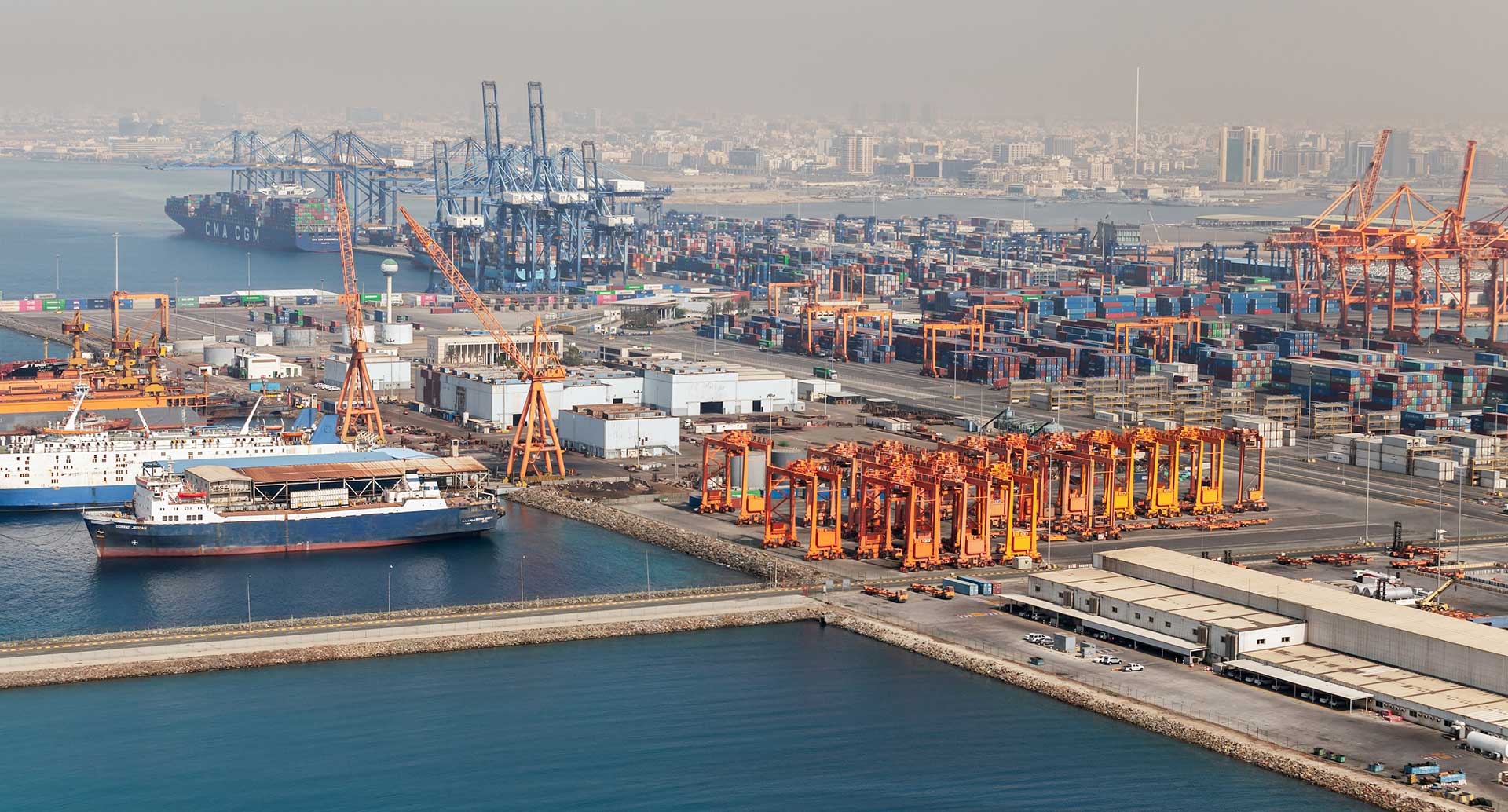With the UK edging closer to agreeing a free trade agreement with the Gulf Cooperation Council, international logistics specialist Aramex UK has urged British businesses which engage in Middle Eastern trade to begin evaluating their supply chains in preparation.
This latest trade deal, which has taken nearly three years to come to fruition, closely follows a swathe of trade deals agreed recently with India, the USA, and the EU. The deal will include Saudi Arabia, United Arab Emirates, Bahrain, Oman, Qatar, and Kuwait.
The agreement is projected to be worth up to £1.6 billion annually, with expectations that this figure could increase by a further £8.6 billion each year by 2035.
The UK’s food and drink, manufacturing, and renewable energy sectors are all poised to benefit from the new agreement.
As a key trading partner for the UK reports estimate that the value of trade between the UK and GCC is worth £59 billion annually – with an agreed free trade deal expected to increase this figure by 16%.
Aramex UK is urging UK exporters and importers to review their logistics operations, customs procedures, and last-mile delivery capabilities to ensure they are equipped to take full advantage of the GCC deal as soon as it is signed.
As the signing of the FTA draws ever closer, Haissam Badr, National Freight Manager at Aramex UK notes that an agreement between the UK and GCC will stand as a landmark moment for British trade.
“A free trade agreement with the GCC will ultimately unlock greater market access for British firms largely through reducing tariffs and simplify customs procedures – but businesses must be ready to move quickly if they are to benefit. That means as a starting point, reviewing the most cost effective and efficient shipping routes, while also ensuring they have the correct customs documentation is in place and all the information is accurate will be critical.
“We have long foreseen that the GCC presents as a viable opportunity for UK businesses seeking stable growth which can even be considered as more favourable than perhaps the more mature markets across the globe.
“Not only does the region’s relatively high GDP per capita, a young population, and high internet penetration, make it an attractive destination for long-term trade and investment but its favourable regulatory environments and improving logistics infrastructure also reduce many of the traditional barriers to entry – even more so when the FTA is signed.”
However, according to Haissam Badr while the pending FTA presents an exciting opportunity for UK firms to diversify their customer pool, tapping into this potential will require more than just a willingness to sell into the region.
Badr continued: “It’s important to be aware though that infrastructure across the GCC differs significantly, as do import regulations and consumer expectations so having that regional insight within each country is critical, especially for those which will look to export into region for the very first time.
“To put it into perspective from a consumer angle, Saudi Arabia, for instance, has a large national population, whereas the UAE is home to around 10 million people, approximately 90% of whom are expats. As a result, buying habits, distribution models, and even marketing approaches will vary significantly between each country.
“A single uniform strategy to enter the region as a whole, will fundamentally not be successful. Therefore, success in these markets will quite literally depend on a logistics strategy that is tailored to the nuances of each country, as without that in place businesses will be nothing more than a ship without a rudder.”








